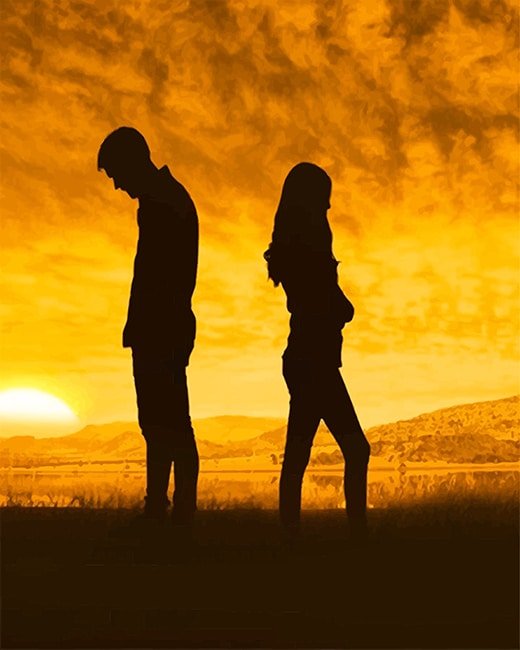As news spreads of the recent loss of several beloved 1980s icons—Hulk Hogan, Ozzy Osbourne, and Malcolm-Jamal Warner—it’s easy to feel the emotional ripple far beyond the headlines. These were not just celebrities; they were fixtures in our collective childhoods and adolescence. Their faces filled our TV screens, their music echoed through our headphones, and their catchphrases were part of the fabric of everyday life.
Whether you were cheering for Hulk Hogan in the ring, blasting Ozzy’s rebellious anthems in your bedroom, or laughing along with Theo Huxtable on The Cosby Show, these figures carried weight—not just in popular culture, but in our hearts. Losing them is more than just losing a person. It can feel like losing a piece of ourselves.
For many of us, this brings up grief—not just for these individuals, but for a time that feels increasingly distant. The 1980s, with all their neon colors, analog innocence, and pre-internet pace, represented a simpler era. Their passing reminds us that time is moving forward whether we’re ready or not. We’re aging. The world looks different now. And those reminders can stir up emotions we didn’t expect to feel so deeply.
These moments can also spark a different kind of reflection. While we honor the nostalgia of our youth, we can also acknowledge how much has changed. The 1980s were not without their flaws. Many issues—social justice, gender equality, mental health, racial equity—were still in the shadows. Looking back now, we can see how far we’ve come. It doesn’t diminish our love for that time; it simply invites us to hold both truths: the beauty of our memories and the growth we’ve achieved.
Grief has layers. Sometimes we grieve people. Sometimes we grieve the eras they represent. Sometimes we grieve the versions of ourselves that lived during those times. That’s valid. And in allowing ourselves to feel that sadness, we create space to celebrate the joy those icons brought us—and the personal and cultural evolution that has come since.
So as we remember Hulk, Ozzy, and Malcolm, let’s light a candle for more than just their legacies. Let’s hold space for the kids we used to be, the adults we’re becoming, and the world we’re helping to shape. Let’s honor both the past that shaped us and the future we’re continuing to build—one that, hopefully, makes room for justice, compassion, and new icons to believe in.






